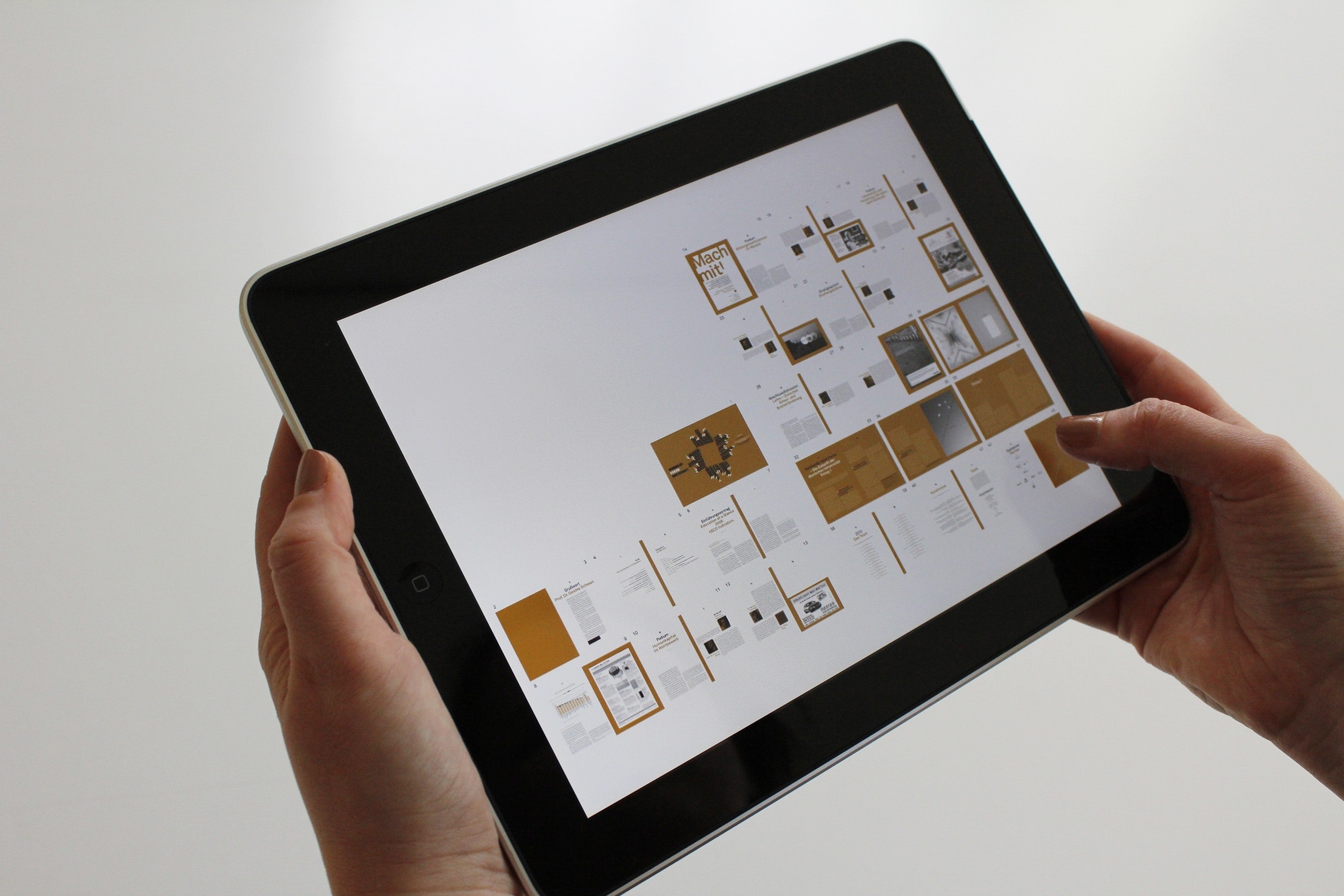How does a POS (Point of Sale) system affect your retail business? If you’re like a lot of shop owners, you’ve probably wondered which features are most important to your business.

After all, choosing a POS system that’s right for your retail operation can be confusing. There are a lot of options and you want to choose the best one for you. After all, the best POS system will make it a snap to run reports, check on inventory, and keep a finger on the pulse of your business.
However, if you choose the wrong one for your business, then you can lose precious time trying to make it “fit.” Better to assess your business prior to buying a POS system so you know you’re getting one with the features right for you.
Let’s take a look at some of the top features and how they help your business run smoother.
Top Features (and Benefits of POS Systems) for Retail
While at its core, a POS system eases your customer’s payment processes, it also does so much more. Today’s cloud-based POS systems will help you not only manage customer payments, but also, inventory, staffing, payroll, and even customer support.
Let’s review some of the top uses for a POS system:
- Ease of Purchase – The beauty of a cloud-based POS system is that you can pair it with an iPhone or iPad, scan any product with a barcode and accept payment right on the spot with an integrated mobile card reader and payment processor. That means you can run your entire sales process right from your phone no matter whether you are in your store or if you take inventory to a seasonal market or pop-up shop.
- Inventory Management – Every time you sell a product, your POS system will automatically deduct it from your inventory due to the built-in barcode scanner. With some systems, you can also set an alert so you know when you’re running low on inventory. Plus, with some POS systems, you can run reports to compare past seasons for a big picture view.
- Receipt Tracking – You’ll never waste time looking for old receipts again, with a good POS system, you can track them as easily as searching for an old email.
- Real-Time Sales Reports – Successful businesses maintain positive cash flow. With real real-time sales reports, you can see exactly how business is going and monitor customer behavior. Wouldn’t it be nice to realize that you have a hot product as soon as possible?
- Flexible payment – Want to accept all credit and debit cards as well as Paypal and Google or ApplePay? You can! There’s no reason to limit yourself or your customers.
- Loyalty programs – Customers love loyalty programs, if you have one in place (or want to add one) then make sure to choose a POS that will help you track yours. Some will even show you your best customers, so you can drop them a note when items of interest come in.
-
- Payroll – Some POS systems can compute payroll saving you hours of time. In fact, sync it with your Quickbooks account and you’ll always be on top of your numbers.
- Safety – Cloud-based systems are far more secure than the typical retail owner’s back up on an external hard drive. What if the hard drive gets damaged or stolen? Then you’re responsible for all your customer’s data.
- Ease of Use – Shop owners will want a POS system that will integrate with other systems they already use. For example, the best POS system for you will also connect with your suppliers so that it can automatically update your inventory.
- Budget-Friendly – Look for a POS system with a monthly subscription that you can adjust as you grow. If you’re on a tight budget, you may be able to start with a barebones payment processing system and add more features as you grow.By now, you’re probably nodding your head and thinking, “Yes, I want to be able to do all of those things.” Now that you know some of the possibilities, you can better assess the right POS for your small business.
We recommend reviewing the size and scope of your retail shop and the way you currently work. Many smaller stores work well with a centralized iPad system paired with an integrated card reader. If gives you the flexibility to participate in markets and other mobile events and maintain your same POS system.
Larger stores may require terminals and even traditional card readers as opposed to a mobile reader.
No matter what POS system you choose, you will have certain hardware needs like a receipt printer and barcode scanner so be sure to assess those prior to making a decision.
Now that know some of the many ways a POS system can streamline your retail business, what are you waiting for? You can start using one today and see how efficient your business can run.
Read more: